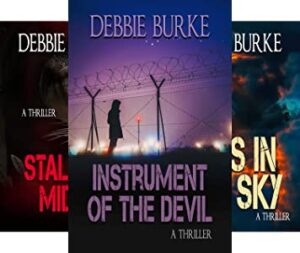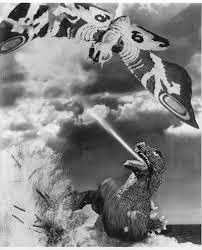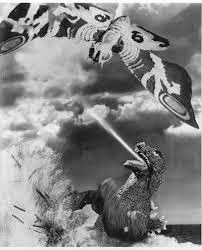by Debbie Burke
Readers love a good, juicy, memorable villain.
Villains come in more flavors than Baskin-Robbins features: sinister, seductive, calculating, bumbling, scary, funny, tortured, etc.
Who can forget Danny DeVito as the Penguin; the bunny-boiling “Alex” played by Glenn Close in Fatal Attraction; The Wicked Witch of the West who frightened generations of children with her threat, “I’ll get you, my pretty, and your little dog, too.”
As writers, we’d love to create a character who endures for years, like Professor Moriarty, Nurse Ratched, Darth Vader, Cruella de Vil, Hannibal Lecter.
Joseph Campbell’s The Hero’s Journey and Chris Vogler’s The Writer’s Journey-Mythic Structure for Writers examines the hero.
Riffing on that structure, I’m working on a writing craft book that follows a similar theme but instead takes readers on The Villain’s Journey.
I deconstruct various villains by asking questions. What are their origin stories? What are their needs and desires? Are they psychopaths, sociopaths, narcissists? What drives them to do antisocial acts? Are they forced by circumstances to step over the moral line from ordinary to evil? How far will they go to achieve their goals?
What are qualities that make a villain memorable? Here is a partial list:
1. Powerful – They are in control of their situation and the people around them. They are stronger than the hero, at least initially.
President Snow in The Hunger Games keeps his districts impoverished, desperate, and fearful to the point that people accept the cruel practice of children murdering each other for rewards.
2. Cunning – They use intelligence, guile, and manipulation to achieve what they want.
In several Arthur Conan Doyle stories, detective Sherlock Holmes dubs Professor James Moriarty “the Napoleon of crime.” Moriarty is the only person who can match wits with the brilliant Holmes and best him.
3. Ruthless – They are willing, sometimes even eager, to harm others and cause destruction to achieve their goals.
In The Godfather I, the climactic baptism scene shows Michael Corleone becoming the godfather to his sister’s son at the same time his henchmen kill the leaders of all the rival families. That clean sweep elevates Michael to reign as the undisputed Godfather of crime.
4. Terrifying – They exploit deep human fears like helplessness, pain, and death to overwhelm their victims with physical, psychological, or emotional threats.
Agatha Trunchbull is the sadistic, bullying headmistress in Roald Dahl’s Matilda. The 1996 film was rated R because of scary (although absurd) violence like the pigtail hammer throw scene.
5. Ordinary – On the surface, villains can seem like regular people. They blend in with normal society and don’t attract attention to themselves. That’s how they get away with immoral acts. Their invisibility makes them chilling.
In Catherine Ryan Howard’s The Nothing Man, the murderer of Eve Black’s family is a supermarket security guard living an inconspicuous life until Eve writes a true crime book that taunts him with threats to reveal his identity.
6. Reluctant – circumstances may force a law-abiding person into committing crimes. Their reasons may be justifiable but the acts are evil.
In Death Wish, Charles Bronson plays a grieving widower whose wife was killed by thugs. He takes justice into his own hands, becoming a vigilante.
7. Persistent – They may appear to be vanquished but they don’t give up. Remember the Terminator’s immortal line, “I’ll be back.”
Now I’d like to ask readers of TKZ to participate in a survey for The Villain’s Journey.
Who is your favorite fictional villain?
Why is s/he compelling and memorable to you?
Please answer in the comments. Your response could be included in the book (with permission).
Thanks for your help!!!
~~~
Please check out the manipulative, seductive, ruthless, cunning, ordinary, persistent villains in the Tawny Lindholm Thriller series.



